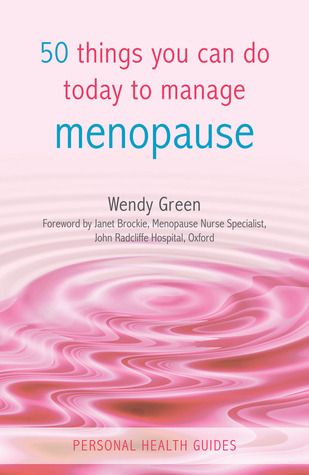
Menopause is a natural biological process that occurs in women typically between the ages of 45 and 55. It refers to the time when a woman’s menstrual periods cease permanently, indicating the end of her reproductive years. Menopause is a normal part of aging, but it can bring about various physical and emotional changes. Understanding these changes and learning how to manage them can make the transition smoother.
Recognizing Menopause Symptoms
It’s essential to recognize the symptoms associated with menopause to address them effectively. Common symptoms include hot flashes, night sweats, mood swings, fatigue, vaginal dryness, irregular periods, sleep disturbances, and changes in libido. Some women may experience these symptoms mildly, while others may find them more severe. Consulting a healthcare provider can help determine the appropriate management strategies based on individual symptoms and needs.
Healthy Lifestyle Choices
To navigate menopause more smoothly, maintaining a healthy lifestyle is crucial. This includes adopting a well-balanced diet rich in fruits, vegetables, whole grains, and lean proteins. Regular physical activity is also beneficial as it can help manage weight, improve mood, and enhance overall well-being. Avoiding smoking and limiting alcohol and caffeine consumption can also alleviate symptoms such as hot flashes and sleep disturbances.
Seek Emotional Support
It’s common for women to experience emotional changes during menopause due to hormonal fluctuations and other factors. Seeking emotional support from friends, family, or support groups can provide valuable assistance during this transitional period. Talking openly about one’s experiences, fears, and concerns can help relieve stress and provide a sense of connection and understanding.
Understanding Hormone Replacement Therapy (HRT)
Hormone replacement therapy (HRT) is a treatment option that involves replacing hormones no longer produced by the body during menopause. Estrogen therapy, either alone or with progesterone, is the most common form of HRT. It is effective in reducing menopausal symptoms, such as hot flashes and vaginal dryness. However, HRT may not be suitable for everyone. It is essential to discuss the potential benefits and risks with a qualified healthcare provider before considering this option.
Alternative Therapies
Many women choose to explore alternative therapies to manage menopause symptoms. Natural remedies such as herbal supplements, acupuncture, and yoga have shown some potential in easing symptoms. However, not all alternative therapies are backed by scientific evidence, so it is essential to consult with healthcare professionals to determine safe and effective options.
Regular Health Check-Ups
Regular check-ups and screenings are crucial during menopause and beyond. It is important to monitor blood pressure, cholesterol levels, bone health, and mammograms regularly. Regular visits to the healthcare provider ensure that any potential health issues are identified and addressed promptly.
Stay Positive and Embrace Change
Menopause marks a new phase in a woman’s life, and it can be an opportunity for growth and self-discovery. Embracing this change and maintaining a positive mindset can greatly impact the overall experience. Engaging in stress-reducing activities like meditation, mindfulness, or hobbies can help maintain a balanced emotional state. Surrounding oneself with supportive and understanding individuals is essential in creating a positive environment.





